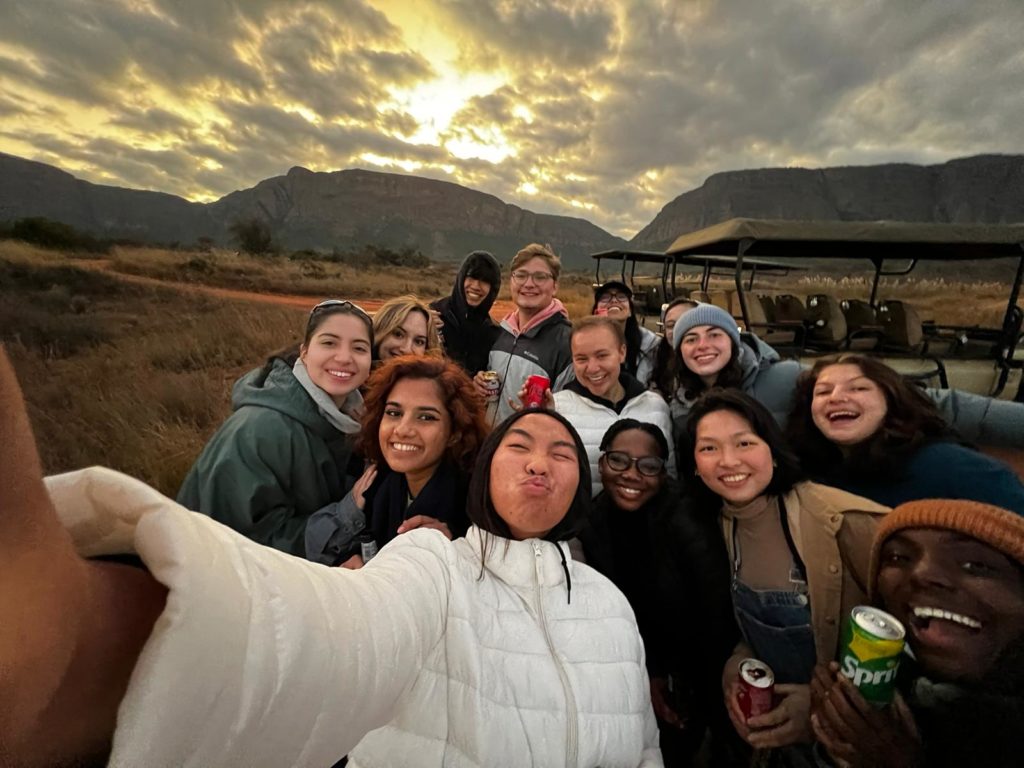In the basement of the South African Department of Health, in a room balanced between contrasting white and black wall designs, my video group met with Dr. Norbert Ndjeka, a humble and warm personality who thrived as we engaged him to tell his story about how he became the driving force behind South Africa’s adoption of a shorter, all-oral regimen for the treatment of TB. We spent an hour talking to him, and we could have spent much longer, his quips and anecdotes frequently leading us to laughter and awed silence in equal measure. He regaled us with his tale of resilience, and he reflected on a few major themes. One of these themes he focused on was to consider the context in which your actions occur. With any work that is worth doing, there is a context that the work draws on, a world whose rules touch us before we know they exist. The work that one does is often not enough on its own, one must know and understand the truths that people live, the world that one’s work is engaging with. In short, if one is to be successful in convincing others of the importance of their work and ensuring their work has impact, one needs to consider the context. Documenting a story like this one requires knowing the history of the country we are in, the toll this epidemic takes on the individual, and how the larger global health community is engaged.
When Dr. Ndjeka was a young physician in a rural setting, he didn’t think as much about how his work impacted the country, or even the world because his only concerns were the people he would help every day in his clinic. As he stepped into more senior roles, he grew to understand the context in which public health work happens, that there are individuals who struggle every day with debilitating illnesses and that there are systems in place that can ameliorate the suffering of those individuals. The nature of the illness and the state of the systems are important contextual considerations, whereby an active, knowledgeable advocate would be able to convince others of the consequences of their work fighting the illness or fixing the system. He knew he was a doctor, but more importantly, he came to realize that he was a leader as well, a fighter for his patients struggling with disease, and an organizer of those who would make a difference.
Now I ponder careers and life in public health and global medicine, where contexts different from the ones I’ve known inform very real decisions made on behalf of many people who are simply seeking to live their lives. As we sit and plan, discussing how best to showcase Dr. Ndjeka’s story through film, I can sometimes lose track of the context of our work. It can feel like another assignment to complete, a box to check off. In reality, we are privileged to have this opportunity, because the human lives that are affected by the dangerous TB epidemic are those we see every day, all around us. For me, it is important going forward to embrace both the local and the global context, the near and the far because every one of my actions will occur as a small part of a much larger story that I can have a big impact on. The next time I think about being just a student on this trip, I will try to remember that I am also a trained interviewer, an empathetic tourist, and a leader responsible for sharing the narratives of strong, resilient, brilliant people like Dr. Norbert Ndjeka.


